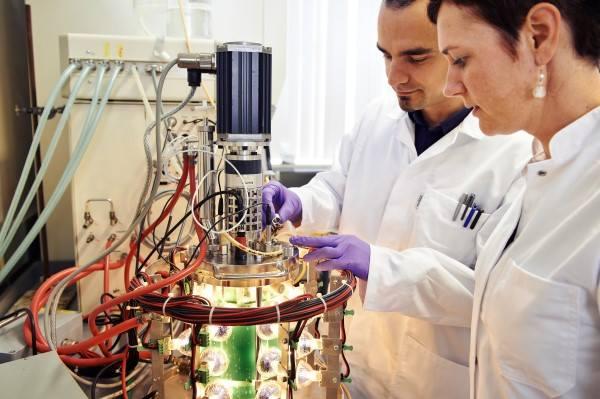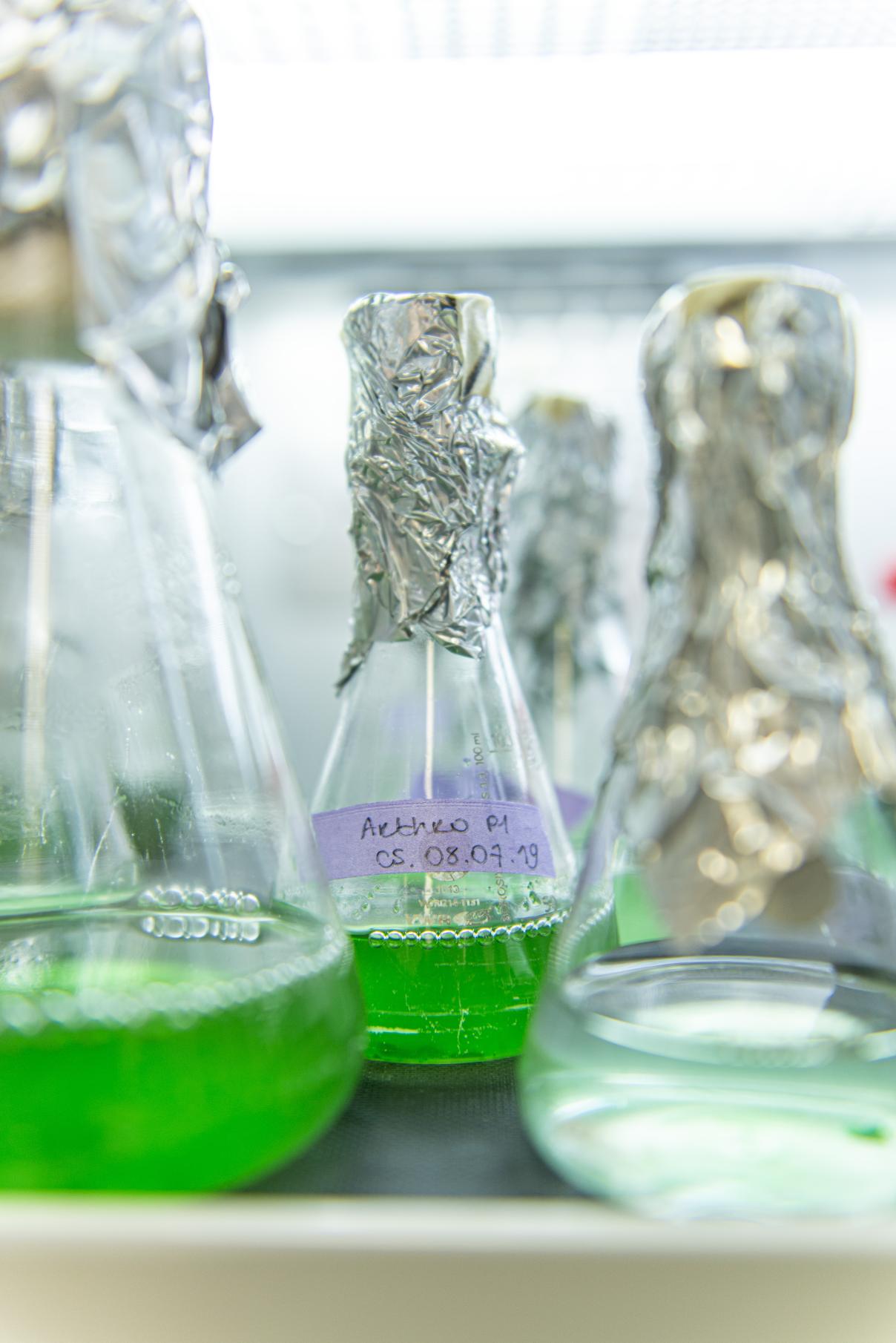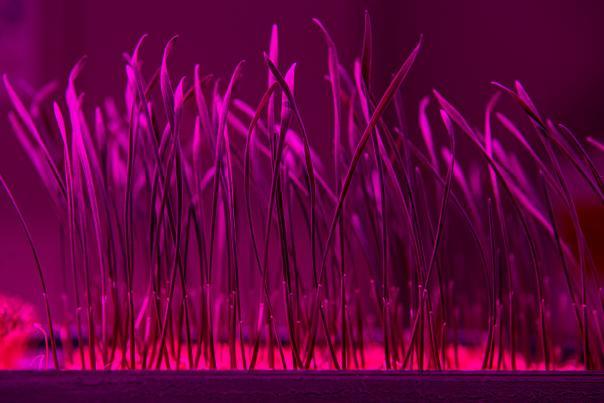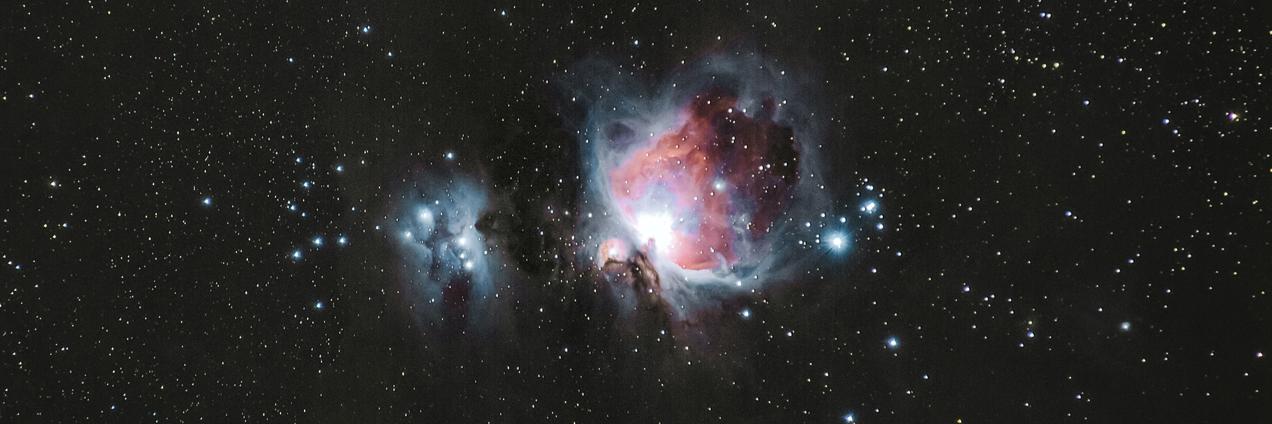Survival in space
How does SCK CEN help astronauts get their own food, drinking water and oxygen?
Tourists orbiting the Earth, a village on the moon, a colony on Mars, etc. The news is full of stories about ambitious dreams in the space sector. At the same time, there are still many challenges standing in the way of the plans. Because what do you eat in the cosmos? Where do you get fresh drinking water? And what do we do with our waste in space? Every day, SCK CEN is actively working on finding solutions.

MELiSSA system: a cycle for recycling waste materials thanks to bacteria and plants
Researchers at SCK CEN are working particularly hard on ensuring an autonomous food and water supply. In collaboration with ESA and an international consortium, we developed the MELiSSA system, which recycles waste materials in a closed loop. This contains microbes and plants that then convert waste products into oxygen, potable water and food. This makes the MELiSSA system a “super machine” that boosts space research worldwide, because it stimulates a lot of scientific research and biotechnological innovation – both on Earth and on the ISS.

Spirulina: superfood on Earth and in space
Thanks to the MELiSSA research, SCK CEN found out that there is a superfood on Earth that also maintains itself perfectly in space. Not only that! Under the right conditions and through some clever tricks, astronauts can grow and harvest it themselves, right in the middle of the cosmos. We are talking about spirulina, a cyanobacteria that is extremely resistant to radiation, rich in protein and boosts the immune system and gut microbiome. SCK CEN unravelled how cyanobacteria behave in space and how astronauts themselves can use them to produce food. Meanwhile, spirulina is finding its place in the diet of cosmonauts as a dietary supplement. This keeps them strong and healthy while working and living in space and cosmic radiation.
From space research to the battle against hunger in the Democratic Republic of Congo
Does spirulina only add value to the diet of astronauts? Absolutely not! Typically, space research also has a practical impact on our own planet. And in the case of spirulina, the social benefit is particularly high... If we know how spirulina can be grown in the extreme cosmic environment, then we also know how to enhance production on Earth, for example in the Democratic Republic of Congo where, unfortunately, chronic malnutrition still exists. SCK CEN believes that the nutritionally rich spirulina could be an important weapon in this. Under the name INSPIRATION, we started a project to help spirulina farmers build the best possible basins and inform the population about the benefits and the cultivation process.

SpaceBakery: baking bread on Mars
The space ambition of our time? Taking people to Mars where there is no oxygen, but sky-high CO2 concentrations, dust storms and a daily average of -60°C. Definitely not an optimum climate for growing crops and baking bread... Or is it? SCK CEN – along with the Belgian SpaceBakery consortium – is researching how we can efficiently cultivate grains in a hermetically sealed ecosystem to grow plants and bake bread. A live survey on Mars is impossible, so we mimic conditions on the planet as closely as possible at four linked labs in Groot-Bijgaarden, Belgium. There, we investigate what the alien conditions do to the properties of grain and the final baking flour. Our aim? Finding the ideal recipe for sourdough bread on Mars, while promoting sustainable and nutritious food production on Earth.

Count on our specialised services
Active in the space sector yourself? With over 30 years of experience in space biology, radiation research, experiments and development, we know how to help you successfully launch your journey into space.